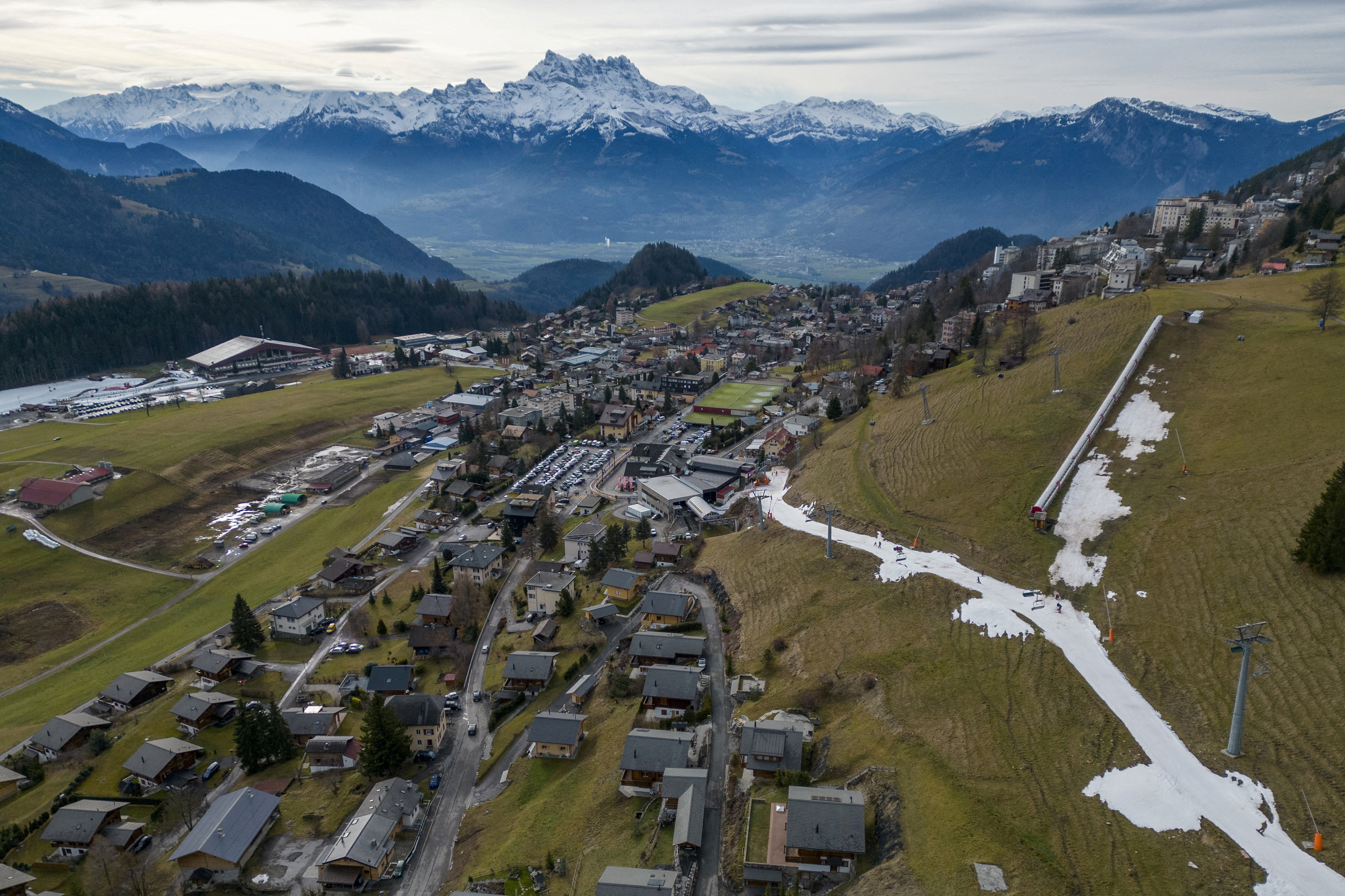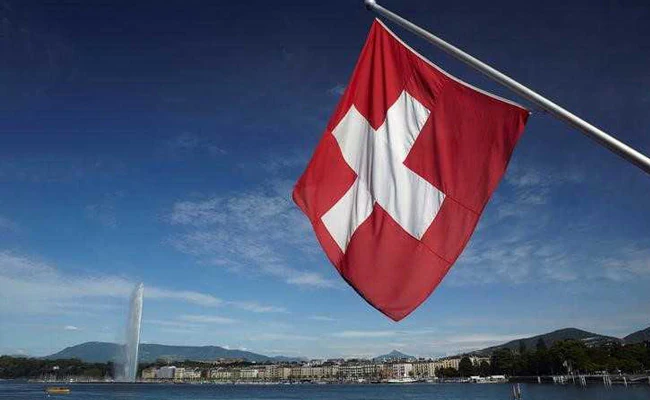GENEVA – The Swiss government hopes voters will support a draft climate law aiming to cut emissions to net zero by 2050 as it seeks to comply with its global commitments after an earlier attempt failed.
The 2021 climate law that included new tax levies was rejected as too costly. The proposal being voted in Sunday’s referendum uses $3.2 billion CHF from the general budget over ten years to urge firms and consumers to switch to renewables.

Bern backs the law as do three of Switzerland’s four main parties with only the right-wing people’s party (SVP) opposing.
But the messages from the latter, which is the leading parliamentary force and has two seats in the seven-member ruling coalition including minister of energy and environment, have gained traction in the last month with support standing at around 56% in early June, according to a Tamedia poll.
“For me, it’s the minimum that Switzerland needs to do,” said Swiss Green Party MP Delphine Klopfenstein Broggini. “…We must move forward today with this climate law, which sets goals that are compatible with what our neighbours are doing.”
Switzerland is warming at twice the global rate, melting once-mighty glaciers and creating new rock fall risks. Yet its policies are deemed “insufficient” by Climate Action Tracker. Facing pressure to act, Bern has previously said direct democracy limits its options.
Campaigning is intense. Both camps say energy security is at stake in a country that relies on imports, with hydropower falling during the high-demand winter months and supplies stretched by the Ukraine war.
SVP posters show a red fist tearing a plug from its socket. “Destroy energy security? NO to the law on wasting electricity”.
Pierre-André Page, an SVP MP, called the law “dangerous”, saying it would lead to more costs and restrictions – an assertion which the other side denies. “We have already taken the necessary (climate) steps,” he said. “We don’t need to add extra punitive measures to go further when we lack electricity.”
Proponents urge voters to “protect what counts” in posters showing snowy mountains. In May, they held a farewell ceremony in a rocky valley beneath the diminished Morteratsch glacier to raise awareness.
Some supporters say the law does not go far enough. “I voted yes, but honestly, I was a little bit disappointed, because 2050 is far away,” said Dominique Page, a Geneva resident.
($1 = $1.0000)
Writing by Emma Farge; Editing by Philippa Fletcher
